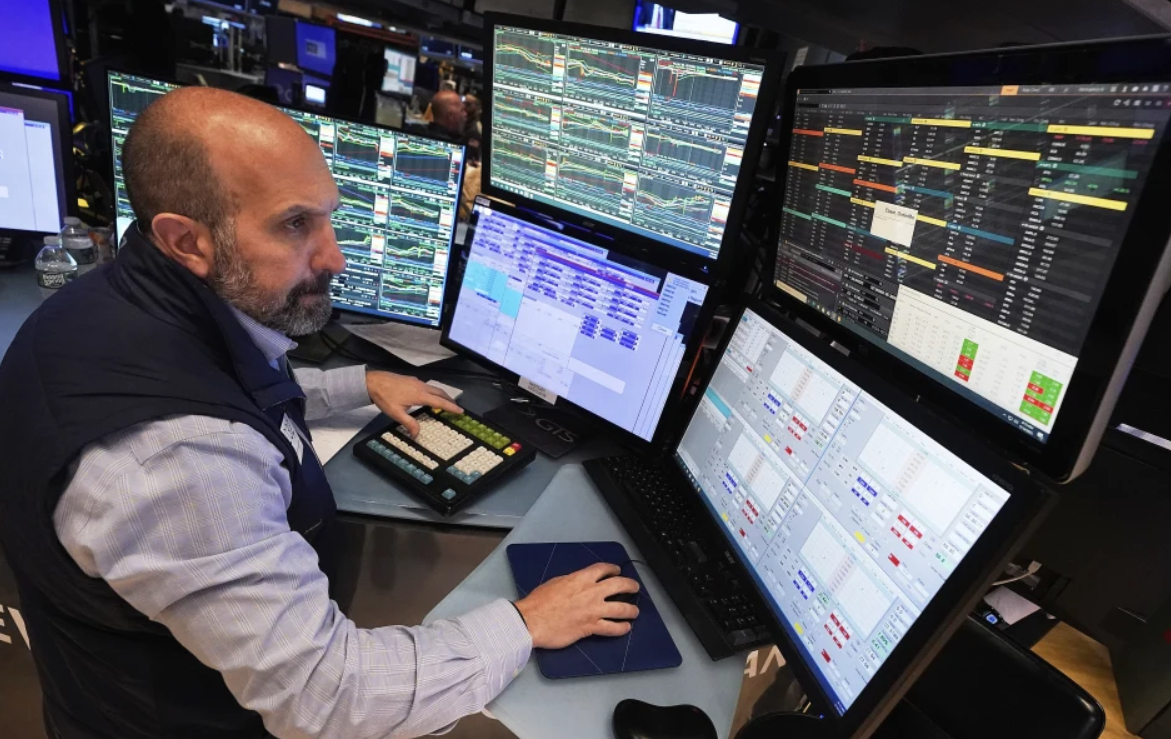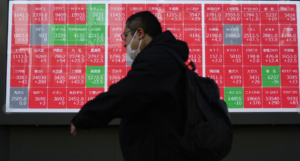U.S. stock indexes were relatively flat on Tuesday, as momentum slowed after Wall Street had recovered significantly from a recent downturn, nearly reaching its all-time high set earlier this year. In early trading, the S&P 500 dropped 0.3%, still within 3.3% of its record level. The Dow Jones Industrial Average declined by 55 points, or 0.1%, while the Nasdaq composite fell 0.5%.
In the bond market, Treasury yields inched higher, and the U.S. dollar remained steady against other currencies. The dollar had previously seen a brief surge on Monday morning following Moody’s downgrade of the U.S. credit rating, citing concerns over the government’s escalating debt.
Stocks in the travel sector experienced some of the worst losses of the day, as concerns linger about how much U.S. consumers will spend on vacations. Norwegian Cruise Line dropped 3%, Carnival fell 2.8%, and MGM Resorts slid 1.6%.
On a positive note, Home Depot’s shares rose by 1.3% after the company reported stronger-than-expected revenue for the start of the year. Although its profits fell slightly short of forecasts, the home improvement retailer maintained its full-year projections for sales and profit growth, offering some reassurance to investors.
This outlook contrasts with that of other companies that have expressed uncertainty due to tariffs and concerns about the economy. While President Donald Trump’s administration has implemented significant tariffs on trade partners, these measures have often been delayed or rolled back, leading to uncertainty about the future. Investors are hopeful that trade deals with other nations may eventually lead to lower tariffs, though this remains uncertain.
Home improvement rival Lowe’s and retail giant Target are set to report their latest earnings on Wednesday.
In the bond market, the 10-year Treasury yield rose to 4.50% from 4.46% late on Monday. Meanwhile, the two-year yield, which is more sensitive to Federal Reserve policy changes, increased slightly to 3.98% from 3.97%.
There are ongoing concerns that Trump’s tariffs could push the U.S. economy into a recession, despite its resilience so far. If a recession does occur, the U.S. government may have limited capacity to offer economic support through large spending initiatives or direct stimulus checks, due to its rising debt. Moody’s recent downgrade emphasized this issue, suggesting that the growing debt could restrict the government’s ability to act during a downturn.
Should the U.S. be unable to provide significant fiscal support, a potential recession could be more severe and prolonged, according to James Egelhof, Chief U.S. Economist at BNP Paribas. This would likely increase the pressure on the Federal Reserve to take stronger action, such as lowering interest rates, to support the economy.
Other global central banks have already begun to reduce interest rates. China’s central bank cut its loan prime rates for the first time in seven months, aiming to stimulate the economy amid the effects of higher tariffs. Analysts expect further rate cuts in the future. Similarly, the Reserve Bank of Australia lowered its benchmark rate for the second time this year, bringing it down to 3.85%, with inflation remaining within target.
Following these rate cuts, global stock indexes saw gains, with Hong Kong’s Hang Seng Index jumping 1.5%. In China, shares of CATL, the world’s largest electric battery manufacturer, surged 16.4% in its Hong Kong debut after raising $4.6 billion in the world’s largest IPO of the year. Despite earlier dips, CATL’s shares in mainland China’s Shenzhen market rose by 1.2%.














